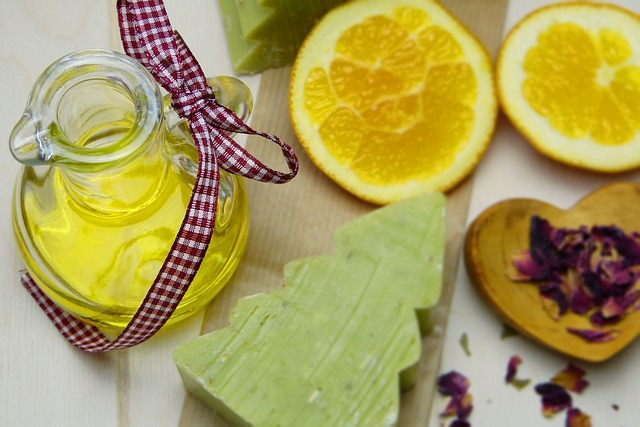During exam time its essential that you are eating a well balanced and healthy diet. Nutritious foods will boost your energy and concentration levels, making your revision time more productive. A little change you can make is switching butter to olive oil, and here’s the science behind it.
Fats: the science of why butter is better for you than margarine, but why olive oil is best
You’ve probably had the ”butter is bad for you” statement drilled into your brain more times than you can count. Some of you will have shrugged and accepted the high cholesterol, but others might have turned to the so-called “healthier” alternative: margarine. This is an easy mistake to make, especially since it’s been advertised as a good substitute. But when you look at the atomic structure of these compounds a much more twisted story arises.
The chemistry
All fats take a similar form: when it comes down to it. They’re all just very long hydrocarbon chains. What differentiates “good” and “bad” fats, is the number of double bonds in the chain. This means that some fats have fewer hydrogen molecules because they’ve been replaced by double bonds between carbon atoms. In natural unsaturated fats such as olive oil (one double bond) and sunflower oil (multiple double bonds) these double bonds are formed such that the remaining hydrogen molecules on the carbon atoms are on the same side of the chain. This causes repulsion between the two hydrogen atoms, and thus creates a “kink” in the chain.
Margarine, on the other hand, is created from polyunsaturated fats (oils). By hydrogenating (adding hydrogens) to some of the double bonds. This results in the remaining double bonds having hydrogen atoms on opposite sides of the chain. Unlike the natural unsaturated fats, there is now no repulsion between the hydrogen atoms, and thus no kink. And herein lies the difference.
So what is so important about this kink? The kink in the chain actually provides an integral service to red blood cells in your blood stream. Whilst straight molecules continue to circulate the blood stream for long periods of time (leading to clogged arteries) these bent unsaturated fats can actually be hooked in by the blood cells and thus removed.
How you can use olive oil
Margarine might be marketed as a better option, but in fact, you are better off just sticking to the natural saturated fats as opposed to the so called “trans-fats” which are the real culprits in this scenario.
You can switch butter to olive oil in your diet when you’re cooking. Oil is a great substitute for frying and roasting. You can also use it as a spread with a little but of rosemary, instead of spreading butter on your toast. Buy flavoured oils to make your cooking more interesting, olive oil comes in garlic, chilli and, lemon alternatives. Cutting out butter has never been easier!
Written by Natasha H.




